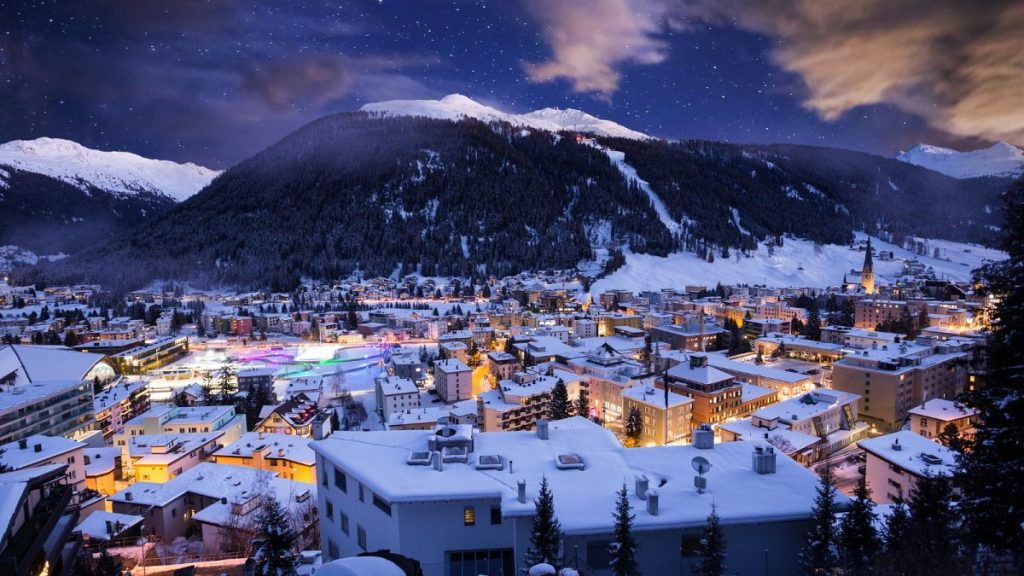The World Economic Forum (WEF), commonly known as Davos, holds its annual meeting each January in the Swiss Alps, transforming this quiet ski resort town into a global hub for discussion and debate. Founded in 1971 by Klaus Schwab, a Swiss-German economist, the WEF’s mission is to improve the state of the world by fostering cooperation between the public and private sectors on pressing political, social, and economic challenges. For a week, Davos becomes a magnet for world leaders, business tycoons, academics, activists, NGO representatives, and even celebrities, all converging to address global issues and shape the future trajectory of our planet.
The unique nature of Davos lies in its ability to bring together an extraordinarily diverse group of influential individuals, providing unparalleled access to decision-makers on a global scale. While often criticized as a gathering of the privileged 1%, Davos also serves as a platform for lobbying and influencing these elites to affect meaningful change. Attendees range from sitting US presidents and heads of international organizations to entrepreneurs, thinkers, and civil society representatives. This eclectic mix fosters dialogue and potential collaboration across various sectors and perspectives.
Beyond the official guest list of 2,000-3,000 participants and speakers, Davos attracts thousands more to its fringe events. The town’s main street, the Promenade, transforms into a showcase of “houses” rented by companies, countries, and regions. These temporary embassies and outposts host meetings, promote concepts and services, and seek investment opportunities. This vibrant marketplace of ideas and initiatives adds another layer to the dynamic and multifaceted nature of the Davos experience.
Despite its stated commitment to impartiality and independence, the WEF consistently faces criticism, particularly for the perceived contradiction of asking billionaires, often implicated in contributing to global problems, to be part of the solution. The gathering’s focus on the climate crisis while simultaneously hosting attendees arriving in private jets exemplifies this hypocrisy for many critics. The inherent juxtaposition of competing agendas and the intertwining of political and corporate spheres further fuel accusations that Davos primarily serves the interests of the wealthy and powerful.
However, alongside the criticism, Davos boasts a record of significant achievements over its 50-year history. The 1988 Davos Declaration is credited with averting armed conflict between Turkey and Greece. In 1992, Nelson Mandela and South African President FW de Klerk made a historic joint appearance at Davos, marking a crucial step towards ending apartheid. Furthermore, the 2000 launch of the Global Alliance for Vaccines and Immunization (Gavi) at Davos has significantly improved access to vaccines for millions of children worldwide.
While acknowledging the valid criticisms of elitism and potential hypocrisy, the WEF’s Davos meeting remains an unparalleled platform for global dialogue and potential collaboration. The ability to bring together such a diverse array of influential figures, coupled with its historical track record of facilitating significant advancements in various fields, underscores its enduring relevance in addressing global challenges. Whether seen as a talking shop for the elite or a catalyst for positive change, Davos continues to command attention and play a unique role on the world stage.














